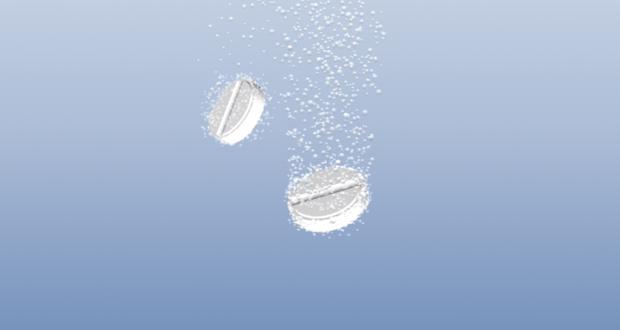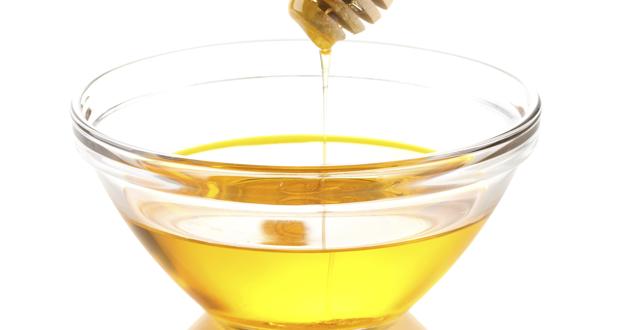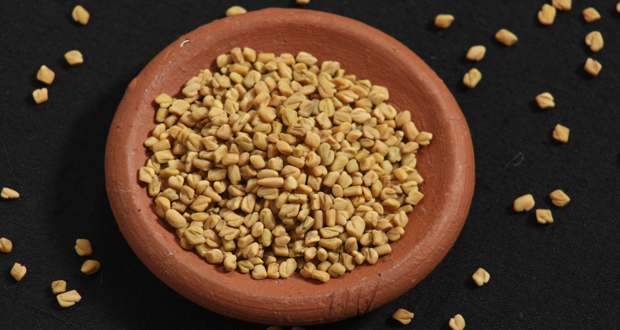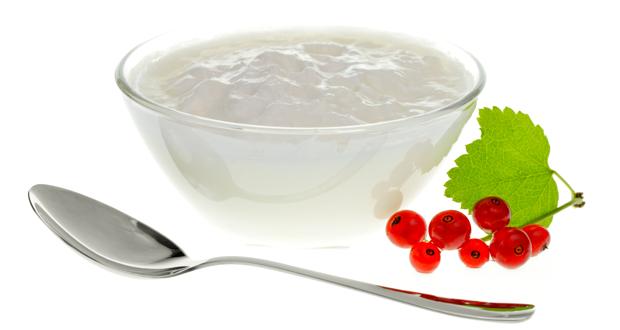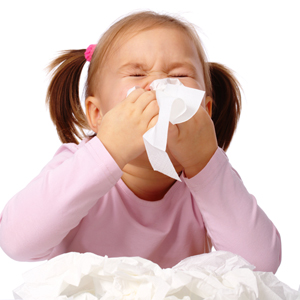 Having cough and cold is probably one of the most annoying conditions to have. But you don’t have to necessarily suffer through it. There are medicines that can help you deal with the symptoms and infection, if any.
Having cough and cold is probably one of the most annoying conditions to have. But you don’t have to necessarily suffer through it. There are medicines that can help you deal with the symptoms and infection, if any.
For colds:
Colds are most often caused due to a viral infection and one is usually affected when their immune system is weak. Cold spreads easily from one person to another; it is not uncommon to see many people suffering from one simultaneously. According to Dr Pradip Shah, consultant, Fortis, Mulund, ‘In case of a cold, a patient usually is advised enough rest and to drink a lot of fluids. Apart from that they can try steam inhalation as this will help unblock their nose and chest making breathing easy. If the discomfort is very severe, one can opt for OTC (over-the-counter) nasal saline sprays or decongestant nasal sprays. In some cases, a cold may lead to sinusitis ( a condition where the lining of the sinuses – spaces present above your eyebrows, below your eyes and on either side of your nose – gets infected and becomes inflamed. This leads to collection of fluid in those areas causing pain and discomfort). Here patient is usually prescribed pain killers, antibiotics (if the cause of the sinusitis is due to a bacterial infection) and anti-inflammatory agents such as fluticasone.’
For a cough: Cough is a condition that is most often triggered either by an infectious agent or an allergen and is divided into two main types – wet or productive cough and dry cough. Easily discernible from each other a wet and a dry cough do require specific treatments.
For dry cough: According to Dr Pradip Shah, ‘A dry cough brought on due to allergies is usually treated with antihistamines. These drugs help in controlling the allergic reaction in the body and lead to relief in cough.’ Apart from that a person with a dry cough will be most likely prescribed a cough syrup to help soothe his/her throat and to help suppress their cough reflex.
According to Dr Mehul Thakkar, pulmonologist practicing at various hospitals in Mumbai, ‘Though finding the root cause of the cough is a key to treating it completely, certain home remedies and OTC medication can give some symptomatic relief. Steam inhalation moistens the airways and helps relieve a sore and irritated throat. Other remedies include using lozenges to soothe the throat and OTC cough syrups specifically formulated to treat a dry cough. In cases where the cough is due to an infection or allergy, one may be prescribed antibiotics and anti-histamines respectively to relieve the associated symptoms. If the patient’s condition worsens it may be necessary to use a nebulizer, which is a method to help the patient breath easily by dilating the bronchioles.’
Antihistamines work by blocking the combination of histamines (compounds produced by the body in response to an allergic reaction) with their receptors in the body. By doing so they prevent the body from launching an attack on an allergen. Although these pills are highly effective in stopping an allergic reaction they do have certain side effects{3} like drowsiness, stomach aches, dizziness, confusion, muscle weakness, tremors. These drugs are also contraindicated in cases where a person is required to perform activities requiring alertness, in a pregnant or lactating woman, in children below 12 years, in people suffering from prostate enlargement, glaucoma, heart disease and peptic ulcers as the drug can increase the severity of symptoms. People who have consumed alcohol should also avoid antihistamines since they further the sedative effect of alcohol. And finally, antihistamines should be avoided in cases where the person is already taking other sedative drugs.
Bronchodilators are specifically used for asthmatics and in those people who have severe chest congestion that prevents them from breathing effectively. They work by helping the muscles around your airways to relax and help ease breathing. Bronchodilators can cause dryness in the mouth and throat, irritation in the throat and mouth (after using inhalers), nervousness, restlessness and trembling.
Productive cough: In the case of productive cough, an expectorant cough syrup works well to relieve the symptoms by reducing congestion due to mucus in the lungs. In addition, the cause of the cough is treated. According to Dr Pradip Shah, ‘If a productive cough is due to a bacterial infection then a patient is usually prescribed antibiotics. On further examination if one is diagnosed with pneumonia or tuberculosis then he/she will be prescribed pneumonia or TBspecificmedication and drugs to fight the infection.’
Cough caused due to asthma: ‘In the case of people with asthma, a cough is usually because they are unable to breathe. Therefore for such patients a doctor will normally prescribe bronchodilators and corticosteroids. Both these drugs help the person breathe more easily and prevent the onset of another asthmatic attack,’ says Dr Shah.
Source: the health site


